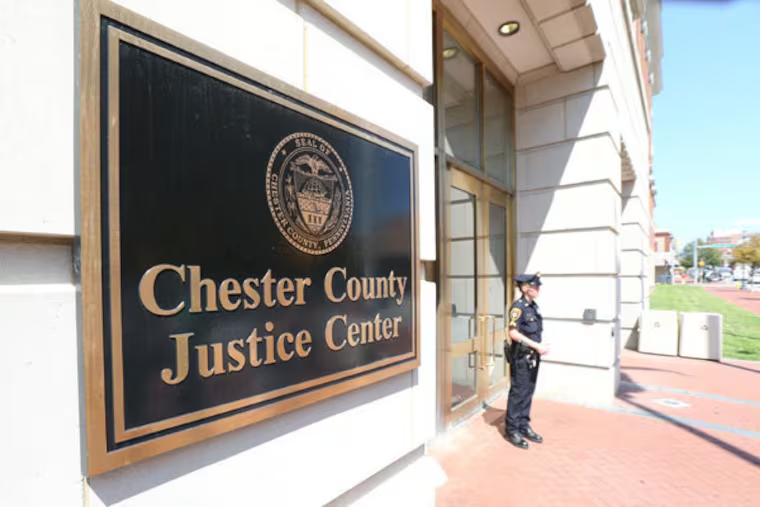Mayor Cherelle L. Parker’s administration defends decision to cut tax break benefiting small businesses.
In response to mounting scrutiny over the proposed elimination of a business tax break, top aides to Philadelphia Mayor Cherelle L. Parker articulated a firm defense of the administration’s decision during a press conference held at City Hall. City Solicitor Renee Garcia emphasized the difficult choice to end the business income and receipts tax (BIRT) exclusion, which has been a financial relief for many small businesses since its inception. The move arises amid an ongoing legal challenge that could have severe financial implications for the city if left unaddressed.
The BIRT exclusion allows businesses to avoid taxes on their first 0,000 in revenue, essentially exempting those generating less than that amount from paying any business taxes. The removal of this tax break, which affects approximately 54,000 small businesses in Philadelphia and another 21,000 firms from outside the city, is anticipated to yield an additional million in revenue for the city’s upcoming budget. The increased revenue, as stated by Finance Director Rob Dubow, is proposed to be redirected toward services and support programs for businesses impacted by this significant policy shift.
Parker’s decision to preemptively remove the tax exclusion has garnered pushback from progressive factions and small business owners, with critics raising concerns about the city’s willingness to fight a lawsuit filed by Zoll Medical Corp. The case argues that the tax break violates the Pennsylvania constitution’s uniformity clause, which mandates that taxes be levied equitably across all taxpayers. While some experts contend that the lawsuit lacks merit, the administration asserts that the risk of losing the case necessitated the discontinuation of the exclusion.
As the city braces for a potential legal showdown, stakeholders express alarm at the possible repercussions for small businesses. Garcia highlighted the potential for a judgment that could demand retroactive payments, creating a financial crisis for Philadelphia. Critics argue that the administration should continue to defend the tax break until the courts render a decision on its constitutionality, suggesting that the potential costs of not doing so could outweigh the risks of legal defeat.
Despite these criticisms, the administration appears resolute in prioritizing fiscal responsibility and maintaining city services. The ongoing discourse reflects broader tensions surrounding taxation policies in Philadelphia, further complicated by recent tax reform efforts aimed at adjustments to the BIRT.
As these discussions unfold, the implications of the city’s approach to the tax break removal will continue to resonate in the business community, shaping economic policy and fiscal strategy in Philadelphia.







